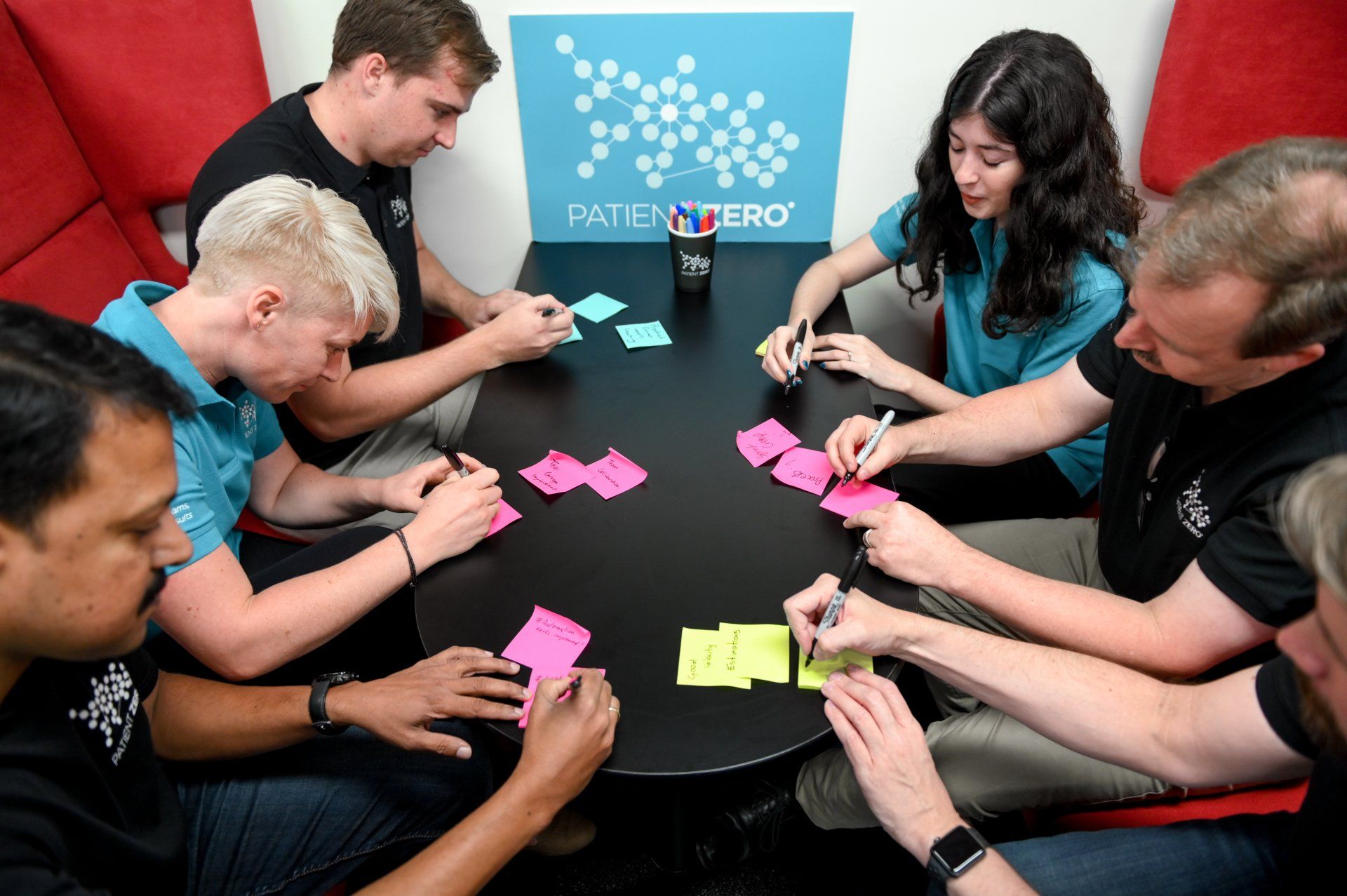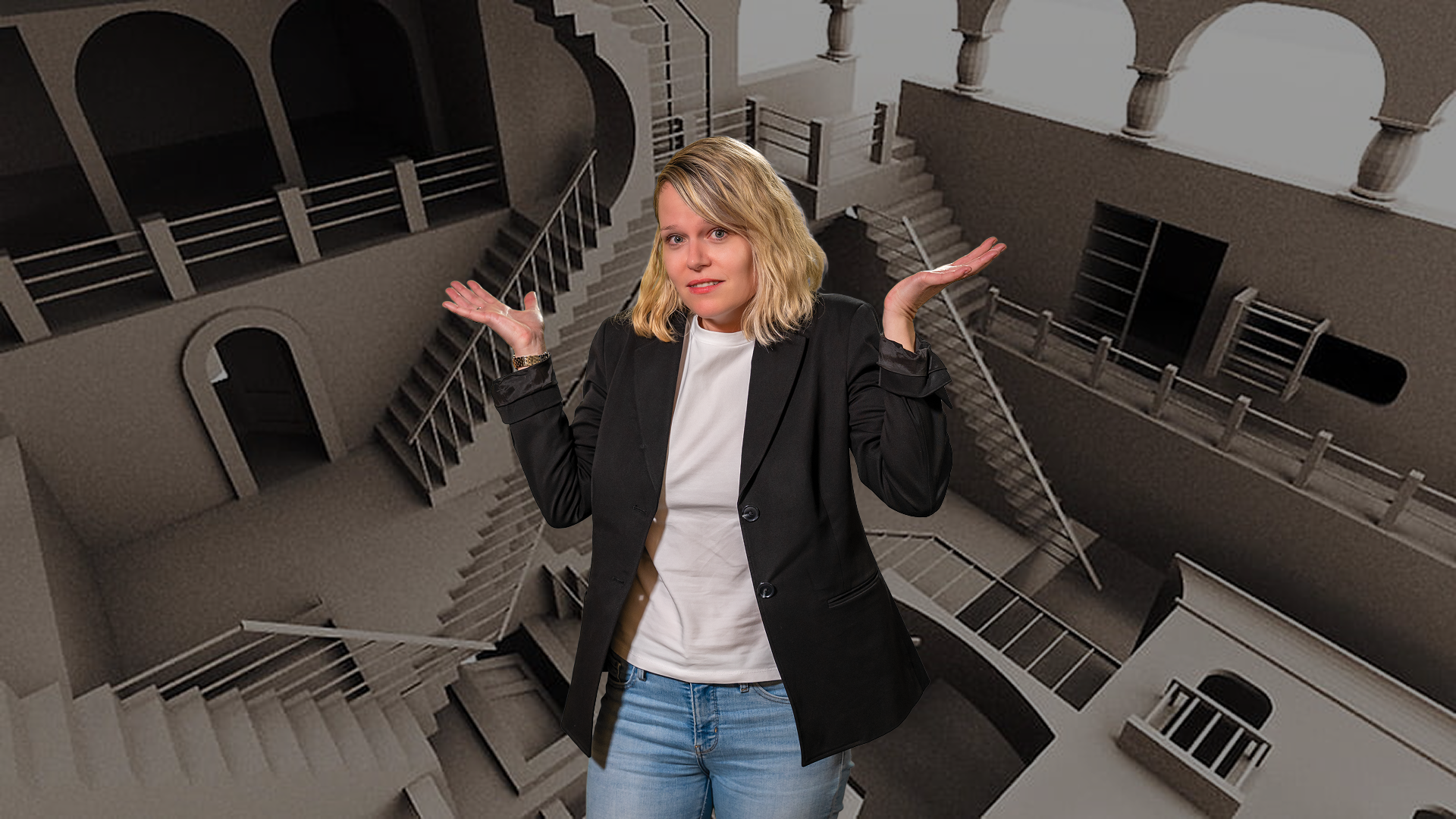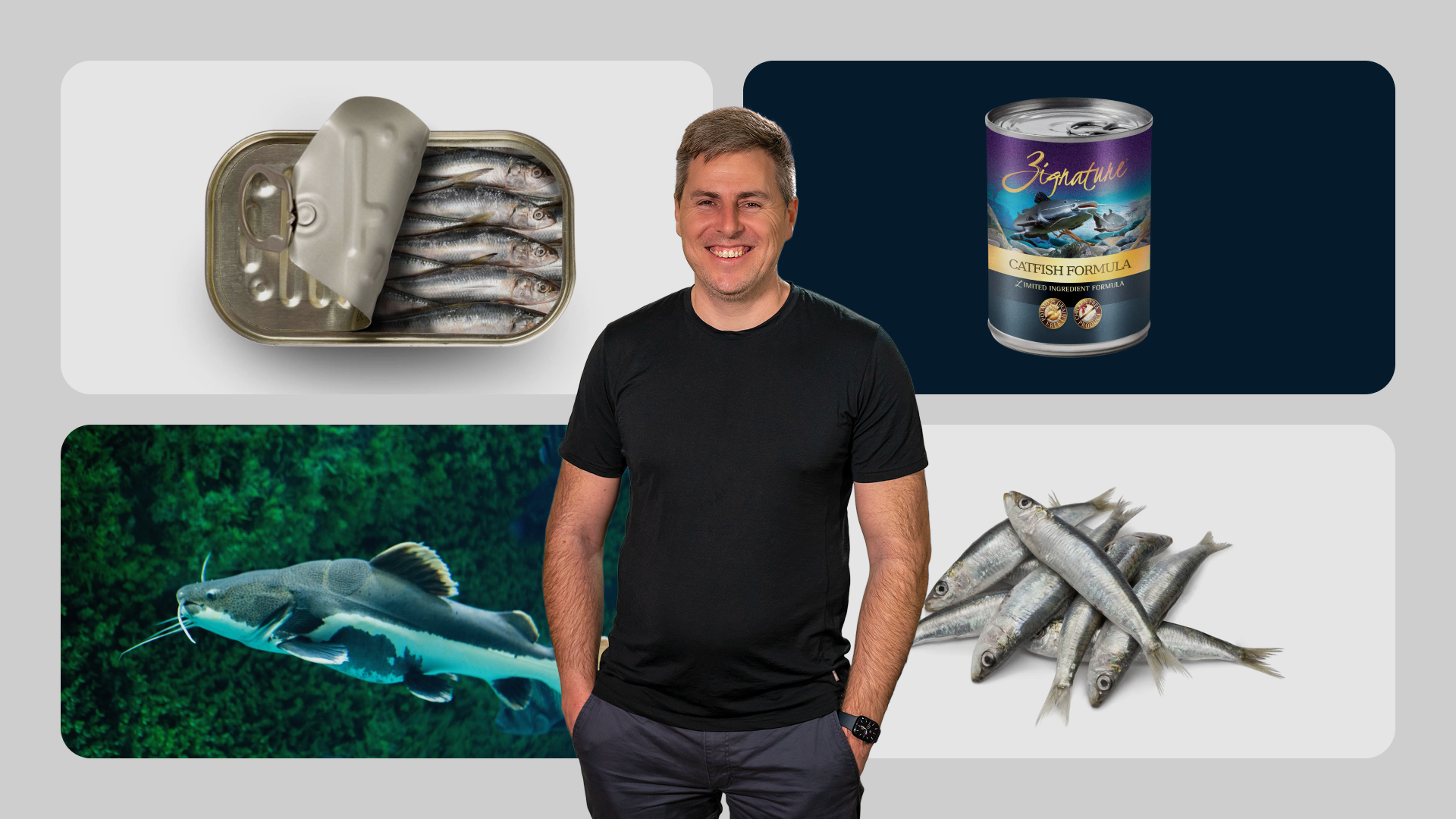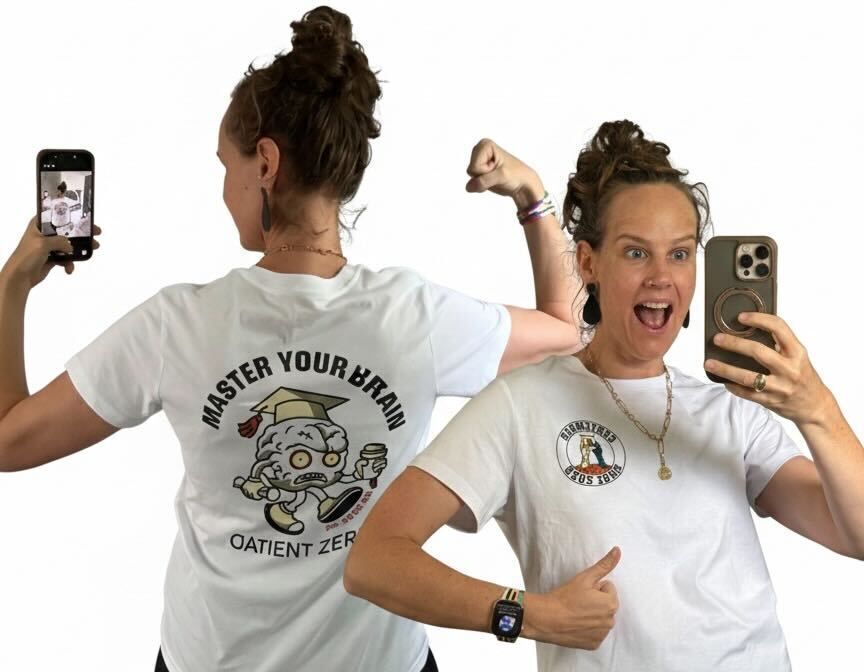A Patient Zero Internship: The Developer Experience
Earlier this year Patient Zero hosted three students from the University of Queensland for an internship program. Starting with our induction program, the students were taken through the paces of working in a cross functional agile development team. We taught core skills for team based software development work like using GIT, resolving merge conflicts, estimation and task decomposition. The students were given the opportunity to work on a variety of team projects to further their skillsets. We spoke to one of our interns Fei about her internship experience.
1. What was the most challenging part of the PZ internship program?
As an international student who did not have any industry experience before, the transition into the workplace was a bit challenging. I was not sure what exactly to do, what would be expected of me and how to do things ‘professionally’. Quite a few of the programming languages, tools and workflow used in PZ were new to me. I felt unprepared at the beginning but later found that it was not hard to learn new skills quickly by joining a project team.
2. What was your favourite part of the PZ internship program?
It was great to be a part of a scrum team and work on real-world projects. I participated in all scrum events including the Sprint Review where we showcased the progress to stakeholders. Everyone in the office was very supportive and open to answering any questions I had.
3. What skills did you learn?
My team worked on a set of three hybrid mobile applications. I focused on automated UI testing using cypress, learned about Angular, and got a taste of team-based software development. I appreciated the experience of working in scrum and collaborating with team members.
4. In what ways did PZ invest in you?
The first week was all about the onboarding process and PZ people in different roles walked us through it. We were guided to practise technical skills, know about the PZ working environment and the scrum approach.
Interns worked in different project teams during the next few weeks. Each of us were paired with a technical leader and a buddy for general questions. Everyone in the office or on the Slack channel was also willing to share their time and experience.
Every fortnight Patient Zero hosts Lunch & Learn sessions. During these sessions there are talks given by internal or external speakers covering various topics: technology, business, project management, etc. At these lunch and learn sessions, I was able to learn about Patient Zero staff including those working on the client site, and of course, I enjoyed the delicious food!
5. What advice would you give to anyone considering joining PZ as a graduate?
Do not be afraid of making mistakes and asking questions. They are good ways to learn and the Patient Zero team would love to support you. You are not expected to know everything before starting work, but to be open-minded and able to learn new skills quickly. Be proactive and clear about what you would like to achieve. Be a good team player and share your enthusiasm for working in this industry.






